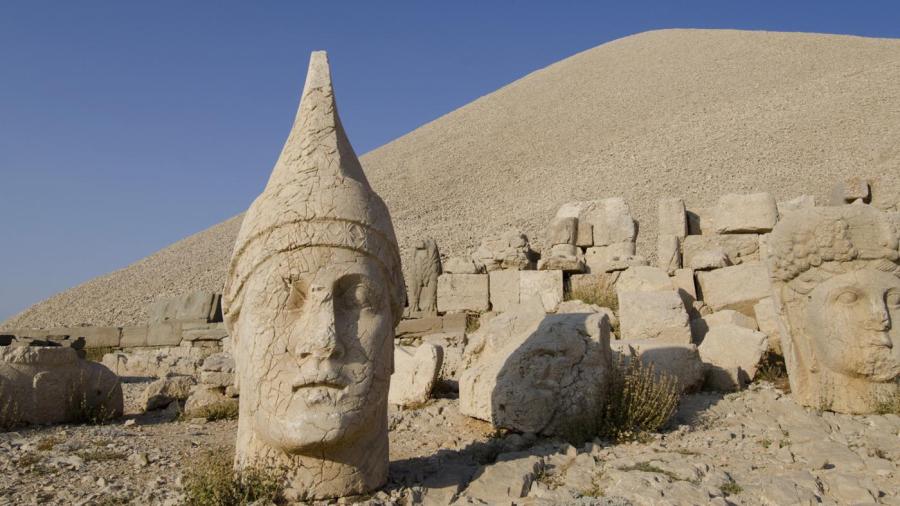Why Is Mesopotamia Called the “cradle of Civilization”?

Mesopotamia is called the cradle of civilization because the development of agriculture, including the domestication of animals, began there 8,000 years ago, before any other civilization. The advances in the region led to the development of cities, the wheel and written language by 3,000 B.C.
Mesopotamia more or less occupied the area now known as Iraq, with some parts extending into modern-day Turkey, and human settlements have been found there dating back to 10,000 B.C.. Syria and Iran. The word Mesopotamia comes from the Greek and means “between two rivers” since it lay between the Tigris and Euphrates rivers. In Arabic, the area was called Al-Jazirah, or “the island.” It has also been known as the fertile crescent.
Mesopotamia was home to a diversity of cultures rather than a unified society like the Greeks or Egyptians. Many different empires and civilizations came from the region. There were, however, three elements that unified their cultures.
- Literacy and the development of a standardized written script.
- The rights of women to participate in society; women were able to work, own land and businesses and even file for divorce.
- The people shared a multi-god religion.
Wine and beer are two more inventions attributed to the Mesopotamians. Writing, however, was also developed in the Indus Valley, Egypt, Nubia, China and Mesoamerica as well as in Mesopotamia.





